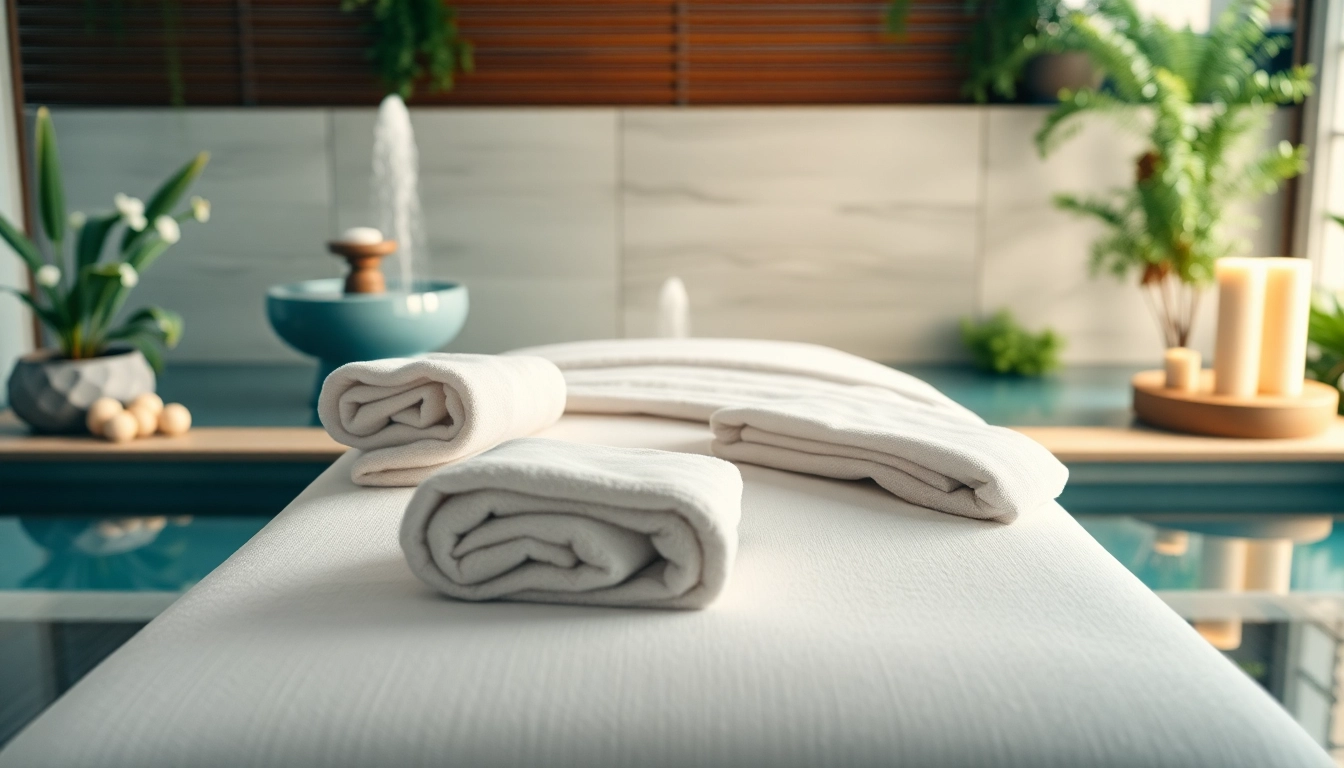Understanding Anxiety and Its Impact on Life
Anxiety is a complex emotional response that is often characterized by feelings of worry, fear, or apprehension. In today’s fast-paced world, understanding the nature of anxiety has become increasingly important. Many individuals grapple with anxiety at some point in their lives, making it vital to gain insights into its causes, symptoms, and management strategies. The journey towards effectively dealing with anxiety not only involves recognizing its presence but also addressing its root causes and developing coping mechanisms.
What is Anxiety?
Anxiety is a natural response to stress, serving as a mechanism that alerts us to danger or impending threats. However, when anxiety becomes excessive or chronic, it may transition into an anxiety disorder, which can significantly impair daily functioning and quality of life. Common anxiety disorders include generalized anxiety disorder (GAD), panic disorder, and social anxiety disorder, each with its unique characteristics and challenges.
Common Symptoms of Anxiety
The symptoms of anxiety can manifest both physically and psychologically. Common symptoms include:
- Persistent worry or anxiety about various aspects of life
- Physical symptoms such as rapid heartbeat, sweating, or trembling
- Difficulty concentrating or making decisions
- Feelings of restlessness or being on edge
- Sleep disturbances, including insomnia or excessive sleeping
- Social withdrawal or avoidance of specific situations
Recognizing these symptoms is the first step in understanding how to address and manage anxiety effectively.
Why Managing Anxiety is Crucial
Effective management of anxiety is crucial for maintaining overall mental health and well-being. Untreated anxiety can lead to a range of complications, including depression, substance abuse, or even physical health issues like heart disease. By implementing strategies for managing anxiety, individuals can improve their resilience to stress, enhance their quality of life, and foster more fulfilling relationships.
Proven Techniques for Dealing with Anxiety
Developing effective techniques for managing anxiety can be a game-changer. Here, we explore several proven strategies backed by research and expert opinion.
Relaxation Techniques and Their Benefits
Relaxation techniques can help reduce anxiety by promoting a state of calm and balance. Some effective techniques include:
- Progressive Muscle Relaxation (PMR): This technique involves tensing and then relaxing different muscle groups, helping to alleviate physical tension.
- Visualization: Imagining a serene scene can aid in reducing anxiety and fostering tranquility.
- Yoga and Tai Chi: Both practices combine physical movement with mindfulness, significantly reducing stress and anxiety levels.
Regular practice of these relaxation techniques can enhance emotional resilience and promote greater emotional balance.
Breathing Exercises for Immediate Relief
Breathing exercises are among the simplest and most effective methods for achieving quick relief from anxiety. Implementing the following techniques can be beneficial:
- Deep Breathing: Inhale deeply for a count of four, hold for four, then exhale for a count of four. Repeat several times to calm the body and mind.
- 4-7-8 Breathing: Inhale for four counts, hold for seven, and exhale slowly for eight counts. This technique can slow the heart rate and promote relaxation.
Incorporating breathing exercises into your routine can offer immediate stress relief and is an effective tool for managing anxiety in high-pressure situations.
Utilizing Mindfulness and Meditation
Mindfulness involves being present in the moment without judgment. Practicing mindfulness can reduce anxiety levels significantly. Here are several approaches to consider:
- Mindfulness Meditation: Allocating time daily to sit in silence, focus on your breathing, and observe your thoughts without engaging with them can be profoundly calming.
- Guided Visualizations: Using apps or tutorials can lead you through soothing visualizations, providing a momentary escape from anxiety.
- Body Scan: Bring awareness to different parts of your body, acknowledging sensations to foster a sense of grounding.
Regular mindfulness practice can reshape how one responds to anxiety triggers, creating a more resilient mindset.
Lifestyle Changes to Mitigate Anxiety
Incorporating lifestyle changes can have a significant impact on anxiety management. This section will delve into three key areas.
The Role of Exercise in Managing Anxiety
Physical activity is a powerful tool for managing anxiety. Here’s how exercise helps:
- Endorphin Release: Exercise triggers the release of endorphins, neurotransmitters that induce feelings of happiness and euphoria.
- Stress Reduction: Regular physical activity reduces levels of stress hormones, such as cortisol, contributing to reduced anxiety.
- Enhanced Sleep Quality: Engaging in regular exercise can improve sleep, helping to mitigate one of the primary contributors to anxiety.
Aim for at least 30 minutes of moderate-intensity exercise most days of the week to experience these benefits.
Nutrition and Its Connection to Anxiety Levels
The food we eat has a profound impact on our mental health. Certain nutrients play critical roles in brain function and mood regulation:
- Omega-3 Fatty Acids: Found in fish such as salmon, these have been shown to reduce anxiety levels.
- Complex Carbohydrates: Foods like whole grains can stabilize mood by promoting the production of serotonin.
- Hydration: Dehydration can lead to increased feelings of anxiety, making it essential to drink enough water throughout the day.
A balanced diet rich in whole, nutrient-dense foods can support overall mind-body wellness and aid in dealing with anxiety.
Establishing a Healthy Sleep Routine
Sleep plays a critical role in mental health. Poor sleep can exacerbate anxiety, so it’s essential to create a consistent and restful sleep routine:
- Maintain a Sleep Schedule: Go to bed and wake up at the same time each day, even on weekends, to regulate your body’s internal clock.
- Create a Relaxing Pre-Sleep Ritual: Engage in calming activities, such as reading or taking a warm bath, to signal to your body that it’s time to wind down.
- Minimize Screen Time: Limit screen exposure at least an hour before bedtime to improve the quality of sleep.
These steps can create a conducive environment for quality sleep, thereby enhancing overall well-being and reducing anxiety.
Seeking Professional Help for Anxiety
While self-help strategies can be effective, seeking professional assistance can provide additional support and treatment options for managing anxiety.
When to Consider Therapy or Counseling
It may be time to seek therapy when anxiety begins to interfere with daily life or if self-help strategies prove insufficient. Signs that you may benefit from therapy include:
- Persistent feelings of anxiety impacting daily activities or relationships
- Feeling overwhelmed by stress without relief
- Difficulty functioning at work, school, or home due to anxiety
Professional therapists can help develop tailored strategies based on individual needs, making it possible to navigate anxiety more effectively.
Understanding Different Treatment Approaches
Therapy options for anxiety include:
- Cognitive Behavioral Therapy (CBT): CBT focuses on identifying and challenging negative thought patterns and behaviors associated with anxiety.
- Exposure Therapy: This technique involves gradual exposure to anxiety-triggering situations to decrease fear and avoidance behaviors.
- Medication: For some, medications such as SSRIs or benzodiazepines may be beneficial in reducing anxiety symptoms.
Collaborating with a mental health professional to determine the most suitable approach can significantly improve the management of anxiety.
How to Find the Right Mental Health Professional
Finding the right therapist is crucial for successful treatment. Here are key factors to consider:
- Check Credentials: Ensure the therapist is licensed and specializes in anxiety treatment.
- Personal Compatibility: A strong therapeutic alliance can enhance treatment effectiveness, so take time to find someone you feel comfortable with.
- Insurance Coverage: Verify that the provider works with your insurance for more affordable care.
Utilizing these guidelines can help individuals find the right professional support to effectively manage anxiety.
Building a Support System for Dealing with Anxiety
Building and maintaining a support system can greatly aid in managing anxiety. Connecting with others who understand what you’re going through can be invaluable.
Talking About Your Feelings with Friends and Family
Opening up about your feelings and experiences can provide relief from anxiety. Loved ones can offer support, validation, and different perspectives, contributing to a greater sense of community and understanding.
Joining Support Groups for Shared Experiences
Connecting with others facing similar challenges can alleviate feelings of isolation. Support groups offer a safe space to share experiences and coping strategies, fostering a sense of belonging and mutual support.
Online Resources and Forums for Ongoing Support
In addition to face-to-face support, various online resources, forums, and communities exist to provide support for anxiety management. These platforms offer advice, shared experiences, and can create a sense of connection with others facing similar struggles.



